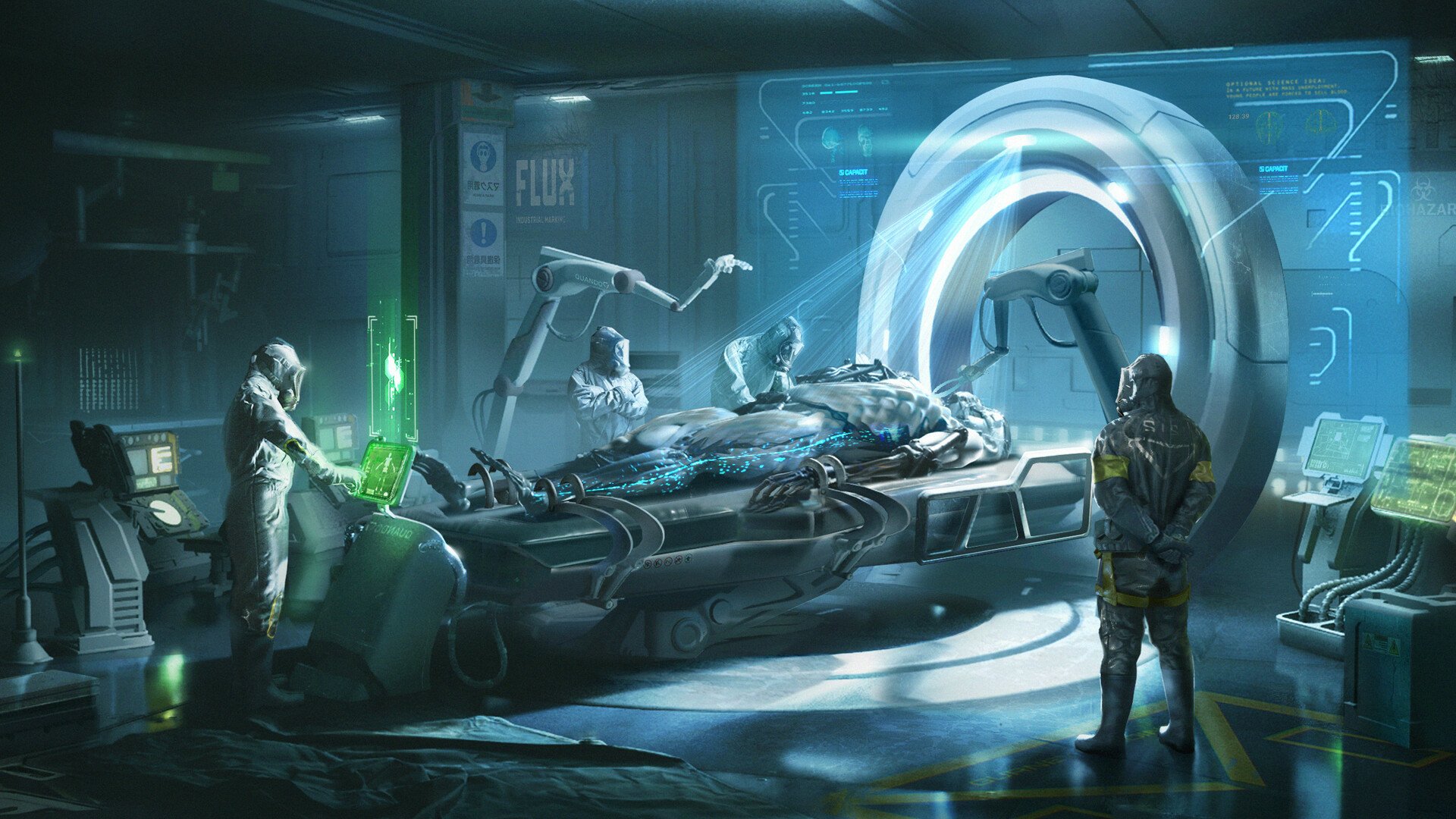The Rise of Cyborgs: Exploring Human-Machine Integration
Unveiling the Intersection of Humanity and Technology

The Evolution of Cyborgs
The concept of cyborgs, once confined to science fiction, has become increasingly prevalent in our reality. From medical implants to wearable technology, humans are seamlessly integrating with machines, blurring the lines between biology and technology. This symbiotic relationship between humans and machines has transformed the way we live, work, and interact with the world around us.
The portrayal of cyborgs in popular culture has both fascinated and influenced our perception of human-machine hybrids. Iconic characters from movies like Robocop, Terminator, and Ghost in the Shell have captured the imagination of audiences worldwide, depicting a future where humans and machines coexist in complex and often dystopian societies.
While these cinematic portrayals may seem far-fetched, they reflect a deeper truth about our fascination with the merging of man and machine. As technology continues to advance at an unprecedented rate, the boundaries between human and machine become increasingly blurred, raising profound questions about identity, ethics, and the nature of humanity itself.
The Ethical Dilemma
As we venture further into the realm of human augmentation, ethical considerations arise. Where do we draw the line between enhancement and transgression? Can the integration of technology into the human body compromise our humanity, or does it signify progress?
These questions echo the age-old debate about the nature of identity and the essence of being human. While some view cyborg technology as a means to overcome physical limitations and improve quality of life, others raise concerns about the potential loss of autonomy and the erosion of human dignity.
The ethical implications of human-machine integration extend beyond individual choice to encompass broader societal issues such as privacy, equality, and social justice. As cyborg technology becomes more widespread, it is essential to address these ethical challenges with sensitivity and foresight, ensuring that the benefits are equitably distributed and that fundamental human rights are protected.
The Promise of Enhancement
For many, cyborg technology holds the promise of enhancing human capabilities beyond their biological limitations. Prosthetic limbs that provide enhanced strength and agility, neural implants that restore sensory functions, and wearable devices that monitor health in real-time are just a few examples of the transformative potential of cyborg technology.
These advancements have the potential to revolutionize healthcare, education, and industry, offering new opportunities for individuals to lead healthier, more productive lives. By harnessing the power of technology, we can overcome physical disabilities, enhance cognitive abilities, and unlock new ways of experiencing the world.
However, along with the promise comes challenges and risks. Concerns about privacy, security, and autonomy loom large as we navigate the complex landscape of human-machine integration. The specter of inequality also arises, as access to advanced cyborg technology may exacerbate existing disparities.
The Socio-Economic Implications
Beyond the realm of individual ethics, the integration of cyborg technology has far-reaching socio-economic implications. The emergence of a cyborg class, consisting of individuals with access to advanced technological enhancements, could exacerbate existing inequalities and create new divides within society.
Those who can afford cutting-edge cyborg enhancements may enjoy significant advantages in terms of productivity, longevity, and quality of life, widening the gap between the haves and the have-nots. This disparity could further entrench existing power structures and perpetuate social injustices.
Moreover, the increasing reliance on cyborg technology in various sectors, including healthcare, defense, and industry, could reshape labor markets and redefine notions of employment and productivity. While automation has already transformed many industries, the integration of human-machine hybrids could accelerate this process, leading to widespread job displacement and economic upheaval.
Addressing these socio-economic challenges requires a multifaceted approach that combines regulatory frameworks, ethical guidelines, and social policies aimed at ensuring equitable access to cyborg technology and mitigating its potential adverse effects. By fostering inclusive growth and promoting social cohesion, we can harness the benefits of human-machine integration while minimizing its negative consequences.
The Future of Humanity
As we navigate the complex terrain of human-machine integration, we are confronted with profound questions about the future of humanity itself. What does it mean to be human in an age of cyborgs and artificial intelligence? How do we preserve our core values and ethical principles in the face of technological advancement?
While the path forward may be fraught with challenges and uncertainties, it also presents opportunities for growth, exploration, and self-discovery. By embracing the potential of cyborg technology while remaining vigilant about its ethical and societal implications, we can chart a course towards a future where human-machine integration enriches rather than diminishes the human experience.
Ultimately, the journey towards becoming cyborgs is not merely about technological advancement but about redefining what it means to be human. By embracing the potential of human-machine integration while addressing its ethical, social, and philosophical implications, we can chart a course towards a more inclusive and sustainable future.
